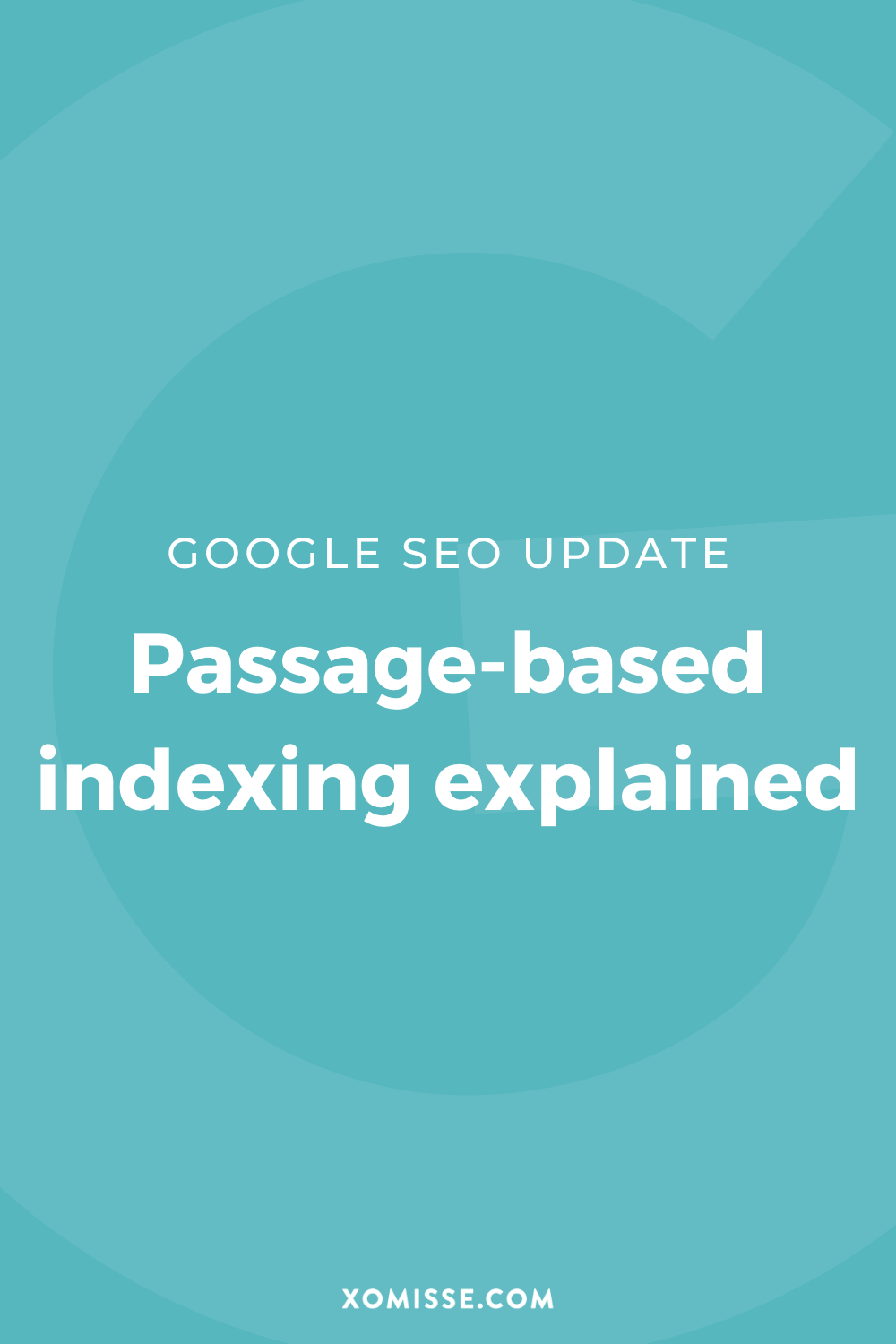Not too long ago I wrote a post about Google’s new ranking factor but it seems like they have a couple more updates coming our way this year.
As we know, search is always evolving and changing. We have text search, visual search and voice search – we’ll soon even be able to hum a song.
With 2020 being a massive year for politics and pandemics, technology has had to evolve to ensure we’re getting the most relevant and up-to-date information, while keeping fake news at bay.
The theme around the Google Search On event last week was around utilising AI to make Google more helpful. And one of the interesting updates was about passage-based indexing.

Google said they’ve recently made a breakthrough in ranking that will allow them to find “the needles in a haystack”.
They are now able to not just index web pages, but individual passages from the pages.
Google believe this technology, which will be implemented next month, will improve 7% of search queries.

What does this mean? Previously, Google would consider the whole page and the stronger signals on that page when determining what is most relevant to show as a result.
Going forward, Google will still index full pages but their AI systems will consider the smaller passages or sections it finds on your web page. This will help them identify sections of web pages that are super relevant to your search query.
So what’s changing? Google is changing how it looks at your content after it is indexed, and how that content is ranked and displayed in the SERPs.
This change doesn’t mean we’re indexing individual passages independently of pages. We’re still indexing pages & considering info about entire pages for ranking. But now we can also consider passages from pages as an additional ranking factor
Glenn Gabe
This will be slightly different to featured snippets in that this new system will understand passages on a web page and determines how relevant the whole page is, whereas featured snippets identifies the relevant passage on a web page that is already determined to be relevant to your search query.
Is this a good thing? Well, it’s hard to tell right now. Google say it will improve search queries by 7%, but will we see an improvement in click-throughs? Rand Fishkin (former co-founder and CEO of Moz) doesn’t think so.
Google will also be able to understand subtopics around a broad topic in order to show users a greater diversity of content. They used the example of searching for “home exercise equipment” and how their systems can now understand relevant subtopics such as budget equipment, premium equipment or equipment for small spaces.
And finally, they can also get a deeper understanding of video and are able to automatically identify key moments. This allows them to tag the moments in a video so that we can navigate them like chapters in a book.
The Essential SEO Starter Checklist
50 easy steps to boost your visibility as a new business

Conclusion
In terms of SEO, as Google continues to improve its understanding of language, context and topics, it will also be better at spotting high-quality content.
We should see these updates over the coming weeks, with passage-based indexing starting to roll out next month for English languages in the US, and then globally.
You can find more information about these latest updates in the video here.